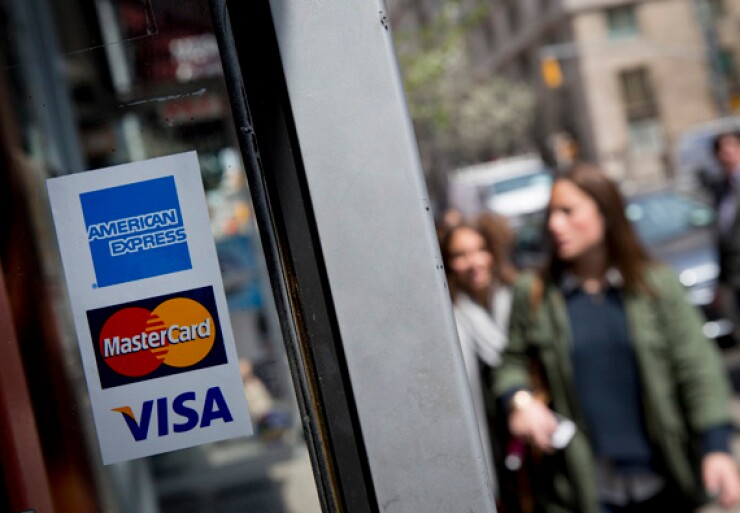The rise of the gig and independent economy has led to a need for accessible benefit options, as well as the flexibility to move benefits across jobs.
To address this demand, Mastercard has announced a new partnership with Stride, a portable benefits platform for independent workers. Through the partnership, employers can offer health, dental and vision benefits to contract employees through their credit cards.
“Independent workers deserve the same access to affordable, comprehensive benefits as full-time workers,” says Noah Lang, co-founder and CEO of Stride. “For the past several years we’ve been building the portable benefits platform designed to help all independent workers secure, manage and use the benefits they and their families need to thrive.”
Around 1.6 million employees participate in the gig economy, roughly 1% of the U.S. workforce, according to data from the Bureau of Labor Statistics. As businesses look to rebound from the COVID-19 crisis, full-time roles are being replaced with gigs, side jobs and temporary employment in order to save on wages and benefits, according to IBISWorld, a market research firm. IBISWorld estimates temporary employees will increase to 1.8% of the workforce in 2020.
Stride’s benefits platform provides a benefits marketplace with access to affordable health insurance, low-cost dental and vision plans, discounted telemedicine and prescriptions, income and expense management tools, and tax withholding estimation and guidance, in addition to local deals and discounts.
See also:
Employers can tailor benefits programs by adding their own perks, tools, services and benefits, or offer employees different benefits packages based on loyalty, engagement, productivity and other criteria. The platform also gives year-round concierge access to Stride’s member experience team, who can help with everything from benefit selection and enrollment to questions about invoices and payments.
The partnership is the first step in the company’s broader strategy to provide gig and independent workers with benefit choices that provide them with a safety net for the future. Mastercard has committed to financial inclusion and education through their other employee offerings, including
Among the first of Mastercard’s customers to use the new platform are Mobility Capital Finance, an African American-owned fintech, and Jobble, a community of over 2 million on-demand workers in industries ranging from delivery and warehouse to grocery and restaurant.
While the racial composition of the non-traditional workforce is similar to that of the overall workforce, people of color are more likely to be in non-traditional arrangements that are lower paid and offer less flexibility to workers, according to the
“Black Americans represent 17% of the gig economy workforce and as such are often underbanked and have less access to employer-sponsored benefits,” says Wole Coaxum, CEO of Mobility Capital Finance. “This [platform] allows us to bridge the economic mobility gap for Black Americans and advance their ability to affordably save, invest and insure themselves against risk.”






